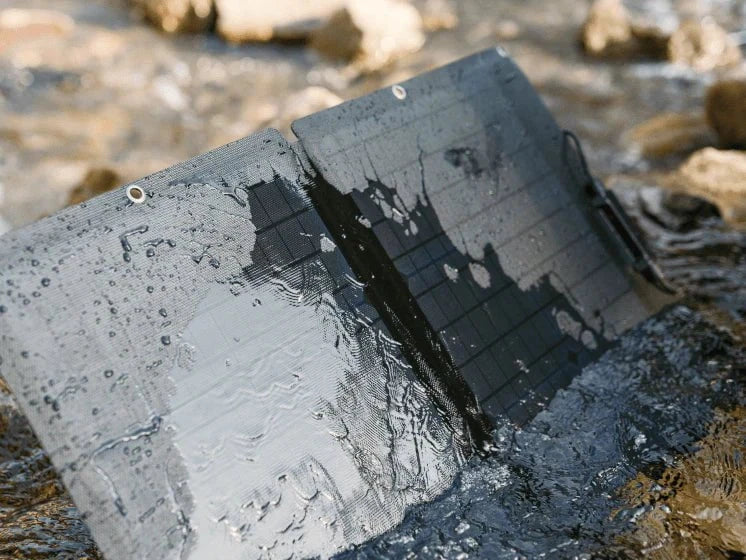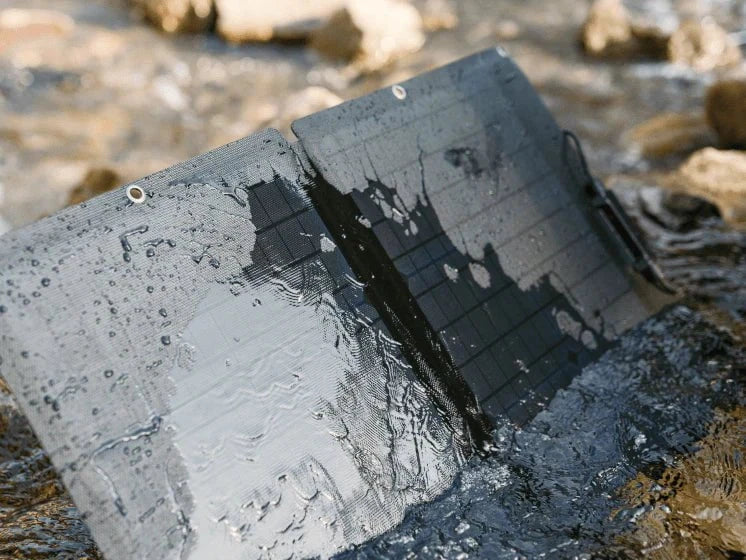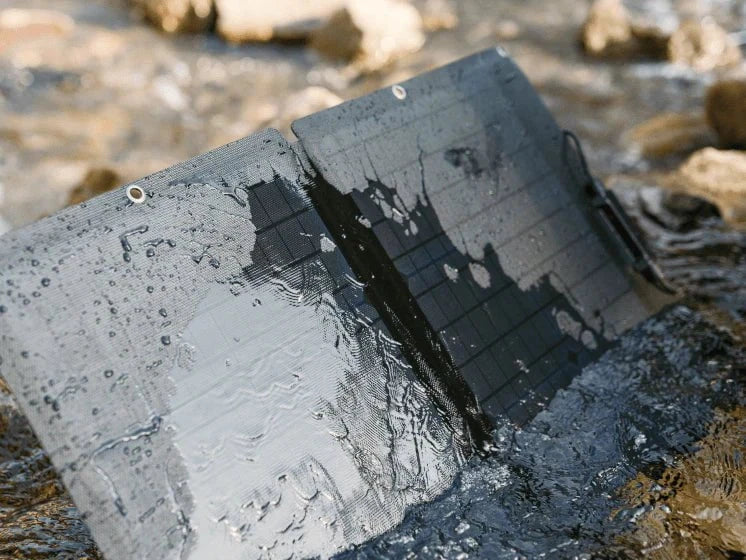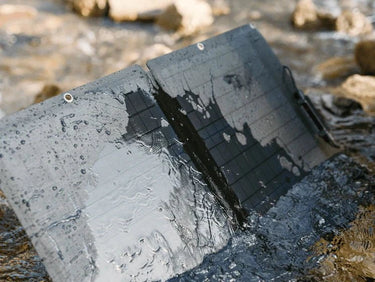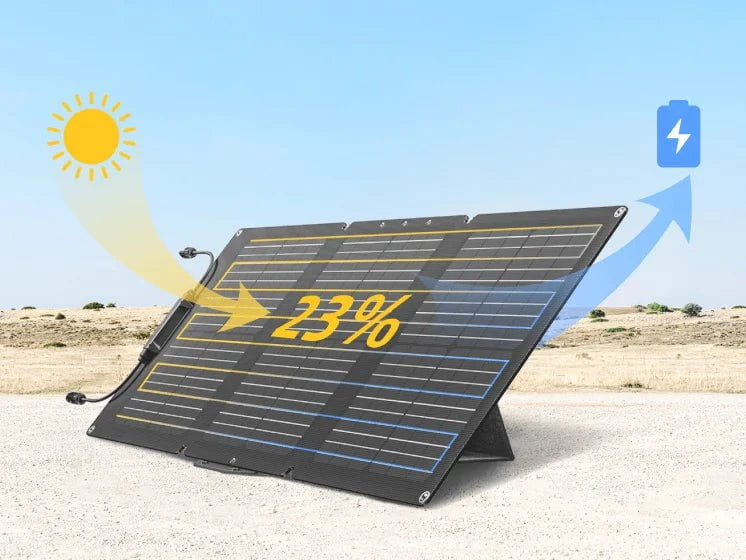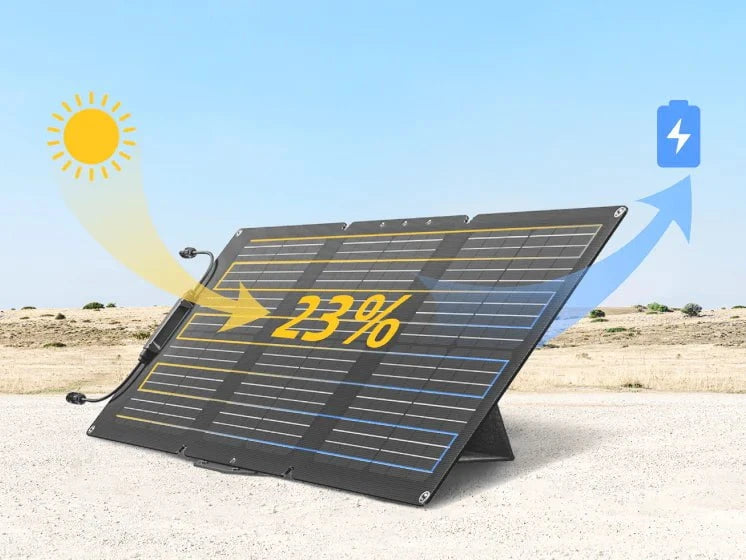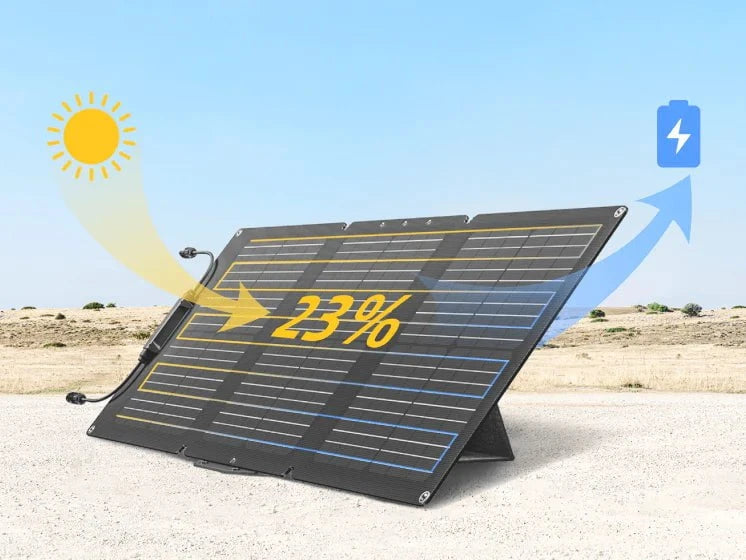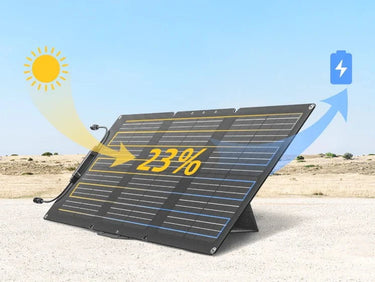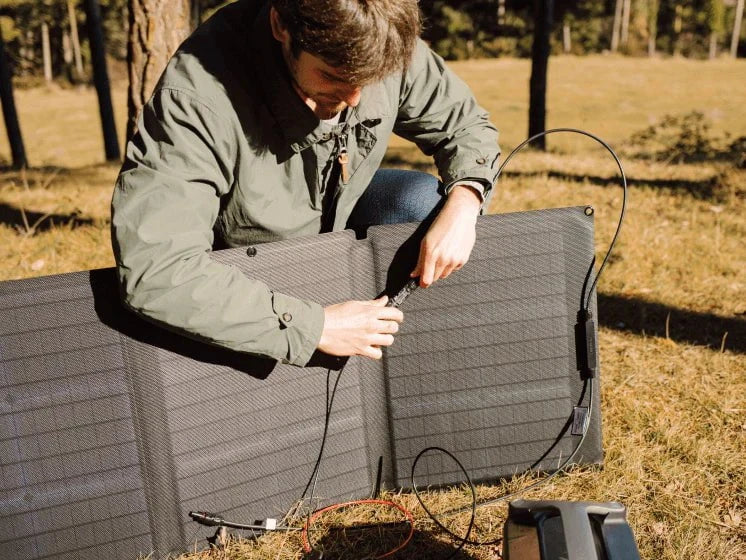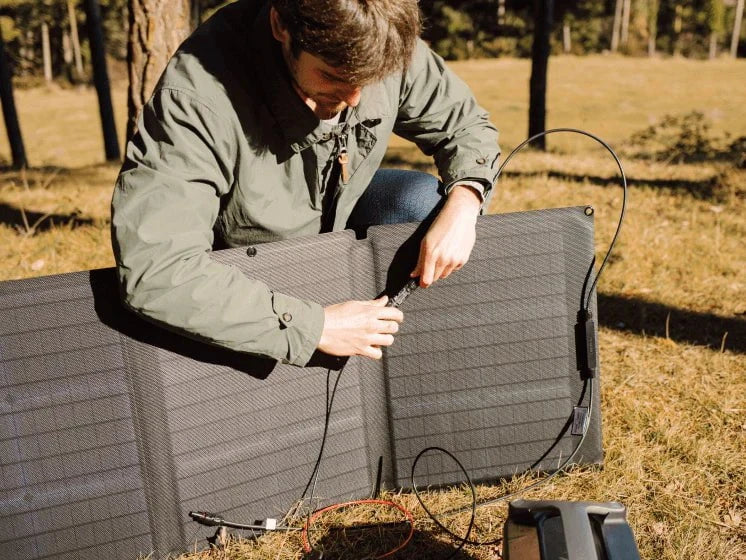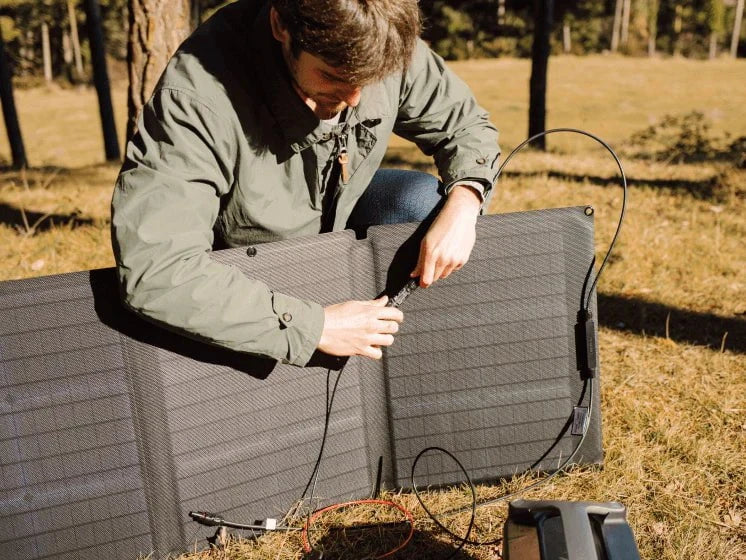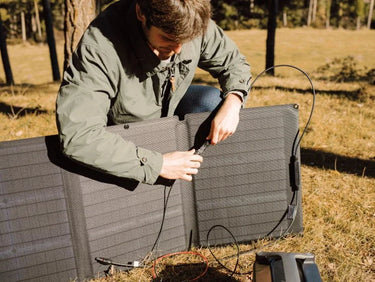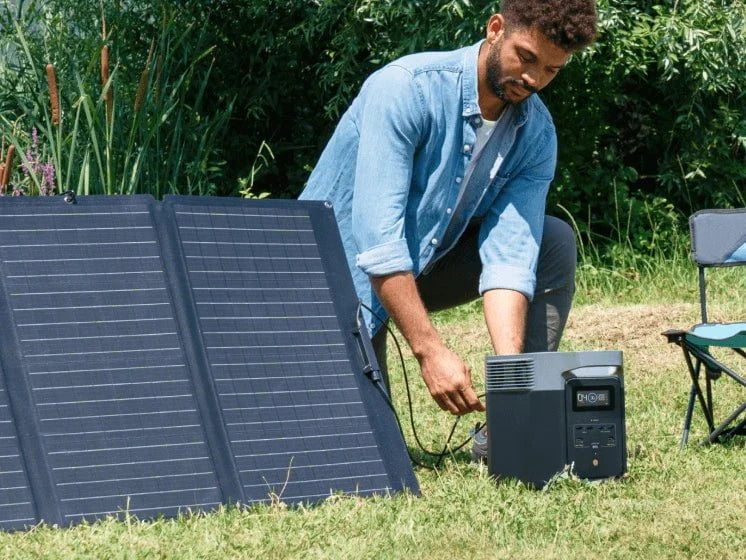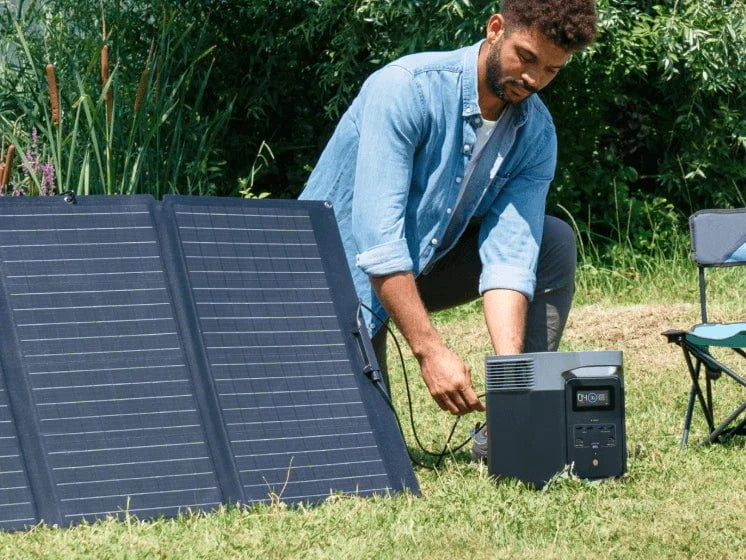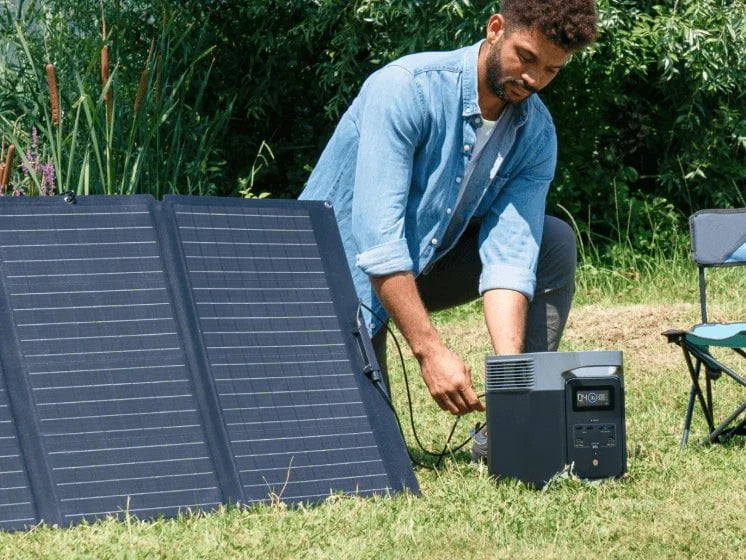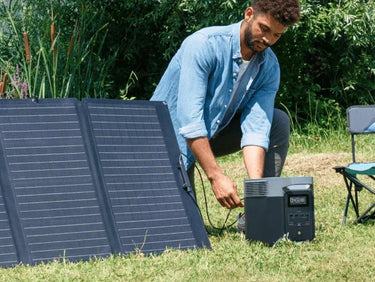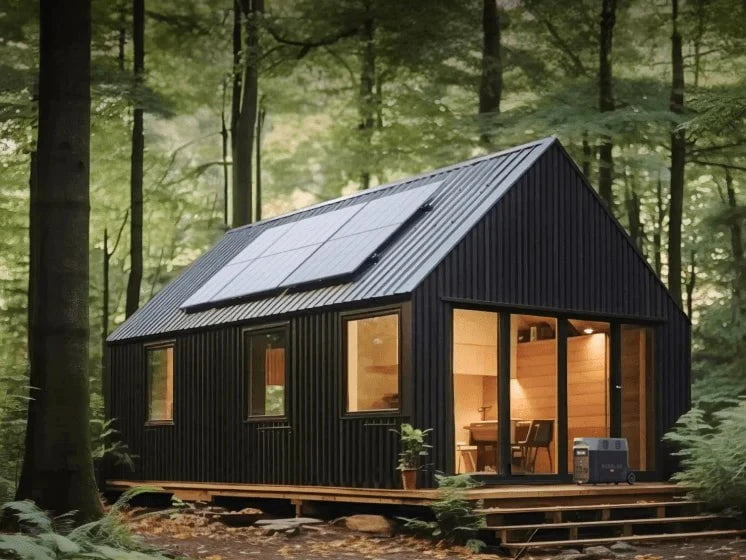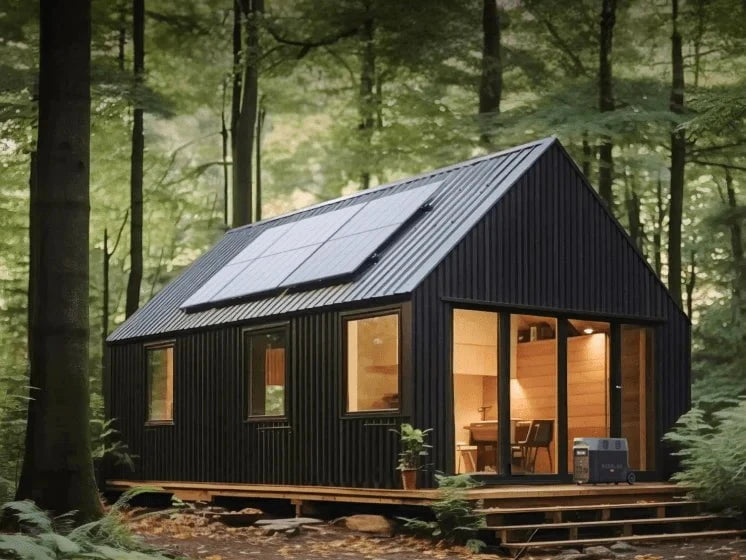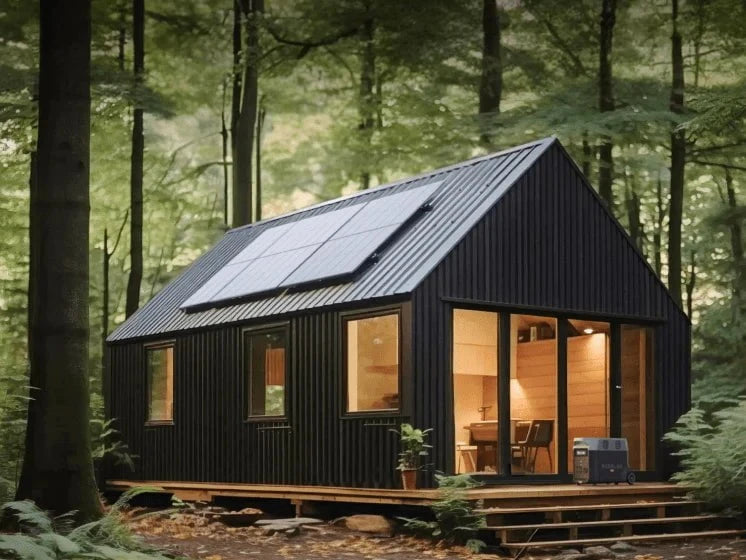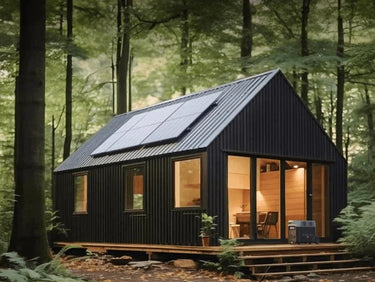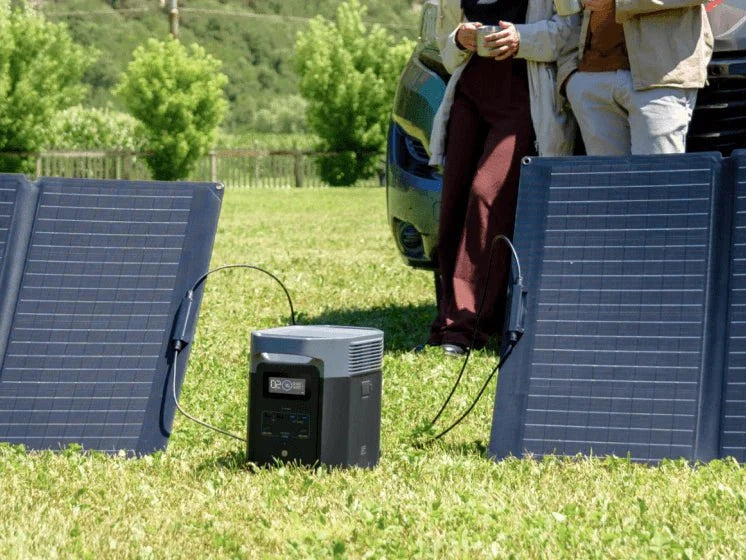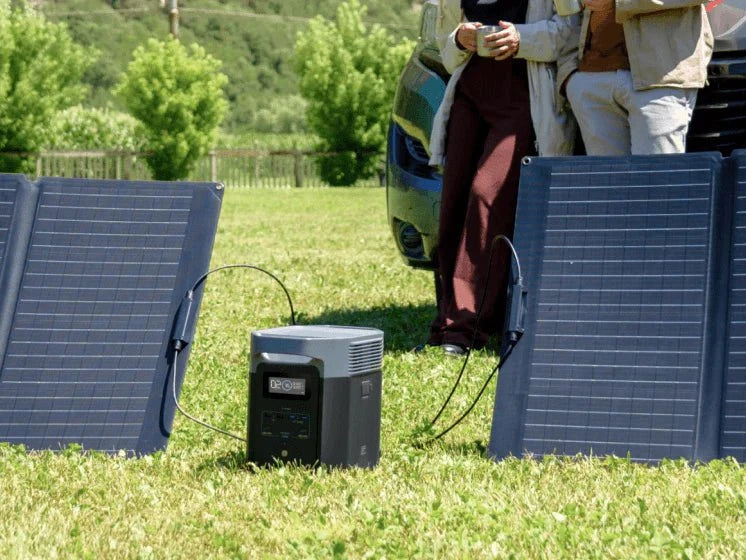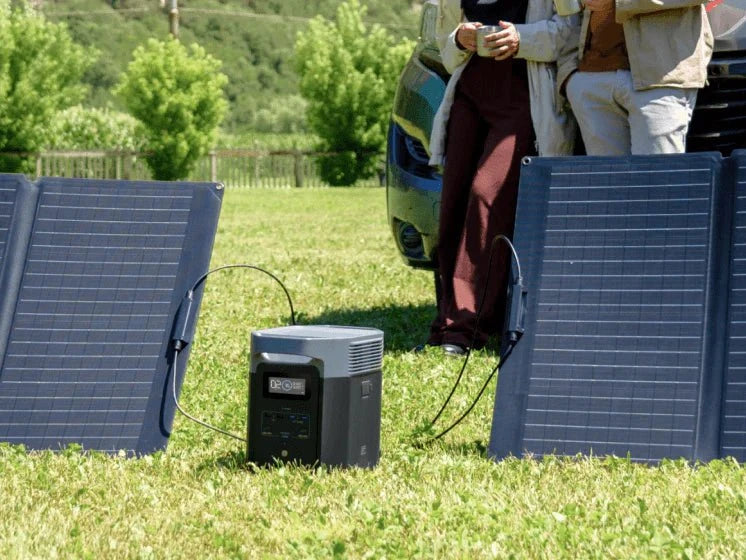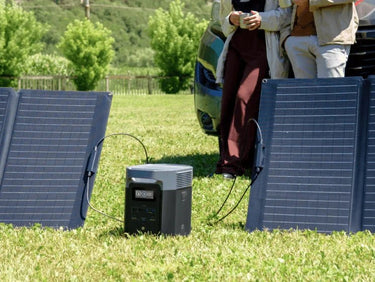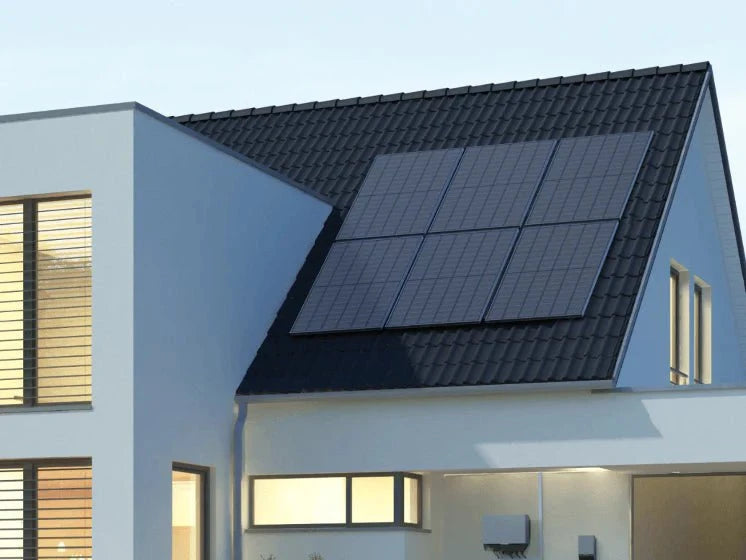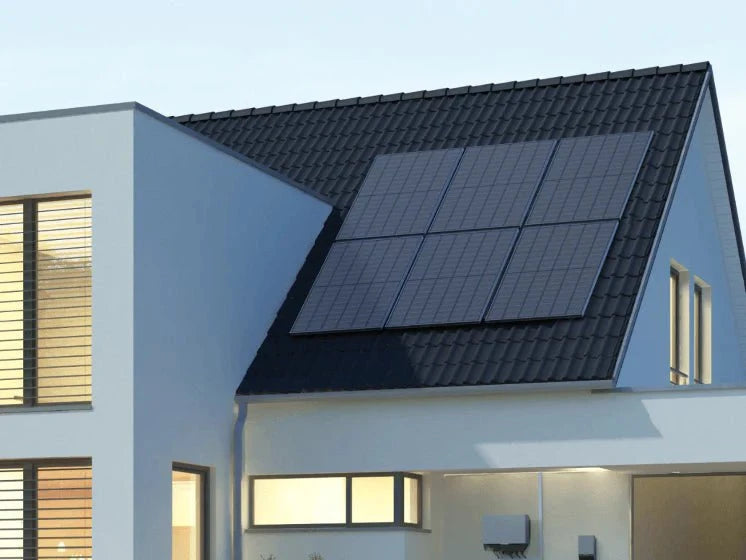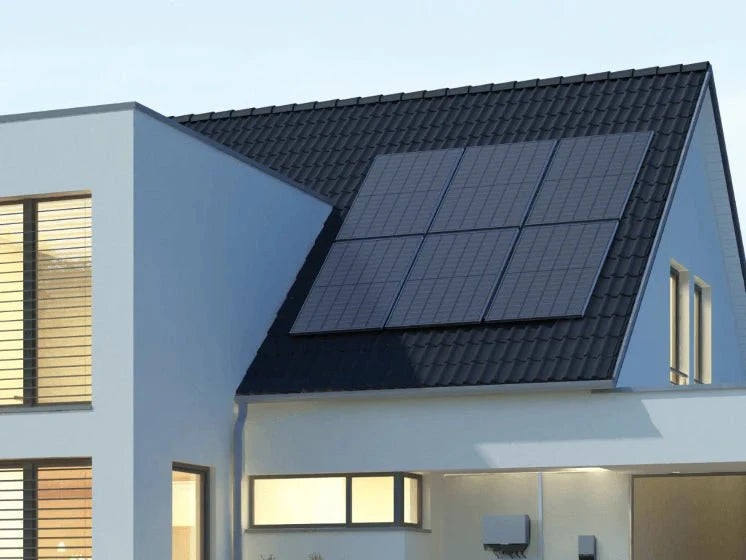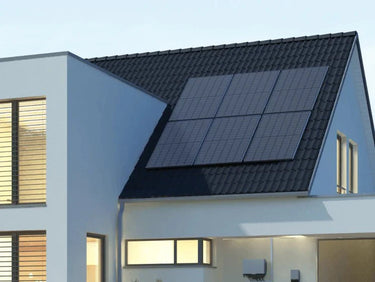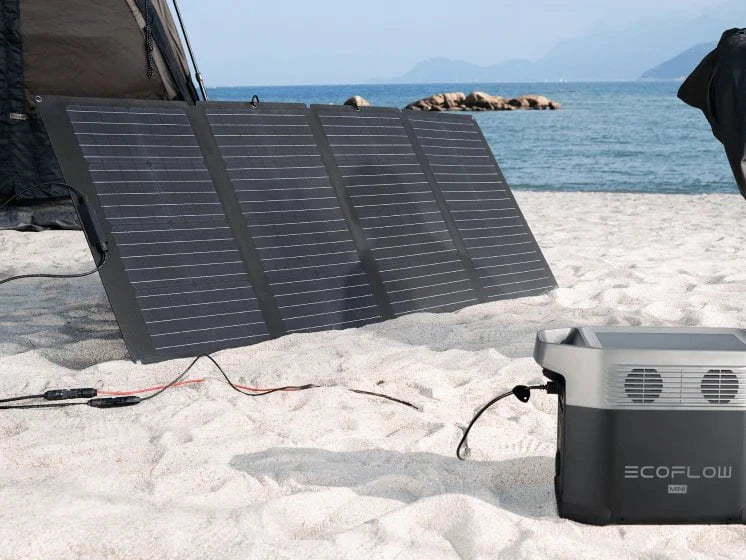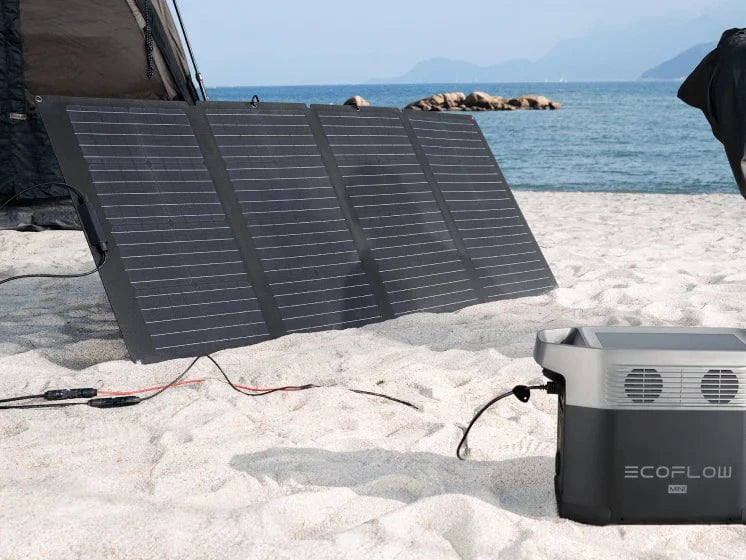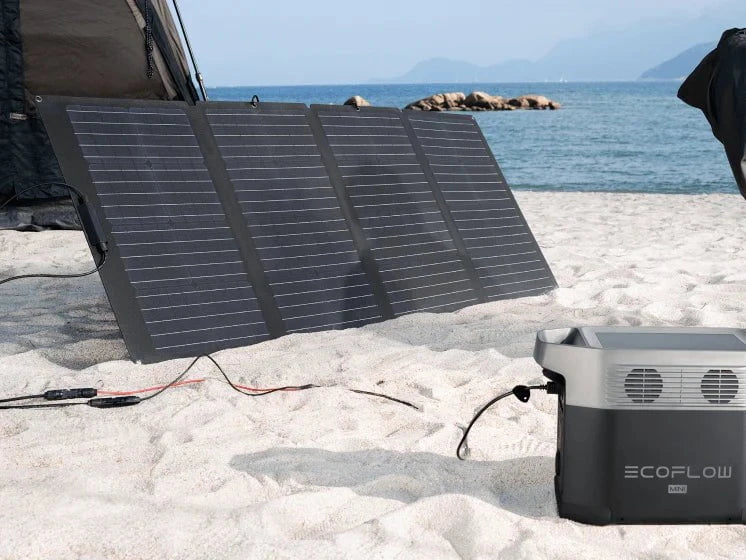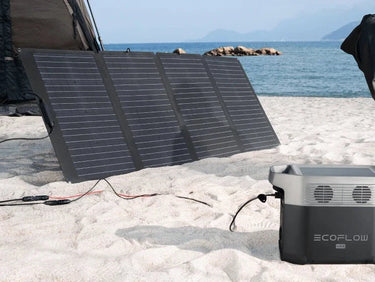EcoFlow NextGen 220W Bifacial Portable Solar Panel
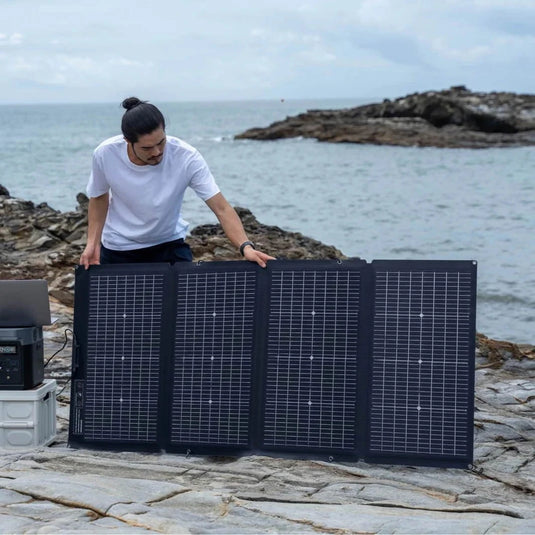

EcoFlow 400W Portable Solar Panel*2
Frequently Asked Questions
The number of solar panels needed to power a home depends on various factors, including the home's energy consumption, the location's sunlight availability, the efficiency of the solar panels, and the desired level of energy independence. Here's a general guideline to help you estimate:
1. Calculate your energy consumption: Determine your home's average monthly or annual energy use in kilowatt-hours (kWh).
2. Assess sunlight: Consider the amount of sunlight your location receives daily and throughout the year. Areas with more sunlight will require fewer solar panels.
3. Determine solar panel capacity: Solar panels are typically rated in watts (W) or kilowatts (kW). To calculate the number of solar panels required, you need to know the capacity of each panel. For example, if you had 100W panels, 1 kW would equal ten panels.
4. Consider efficiency and losses: Solar panels have an efficiency rating that indicates the percentage of sunlight they can convert into electricity. Consider this efficiency when calculating the number of panels required.
5. Calculate the number of panels: Divide your energy consumption by a solar panel's average daily energy production. This calculation will give you an estimate of the number of panels needed.
Residential solar panels operate using the photovoltaic effect. Theyharness photons from sunlight and convert them into DC electricity.Balance of system components like
inverters, solar batteries. and charge controllers are then used to convert and store this energy for household use.
The price of solar panels varies based on cell composition, qualityperformance, and durability. Monocrystalline panels are more exppensive but more efficient, whereas
polycrystalline panels are less efficient and less aesthetically pleasing.Monocrystalline panels often offer better long-term ROI.
Installation methods vary based on panel type and location. Portalble panels need no installation but can be a theft risk. Mounted rigid solar panels, typically installed on
roofs, offer secure and efficient energy generation


